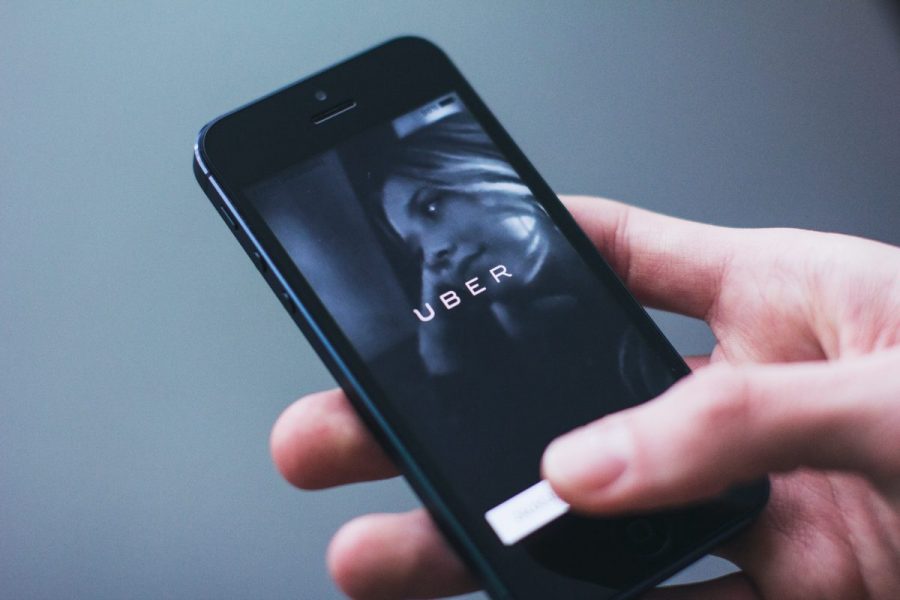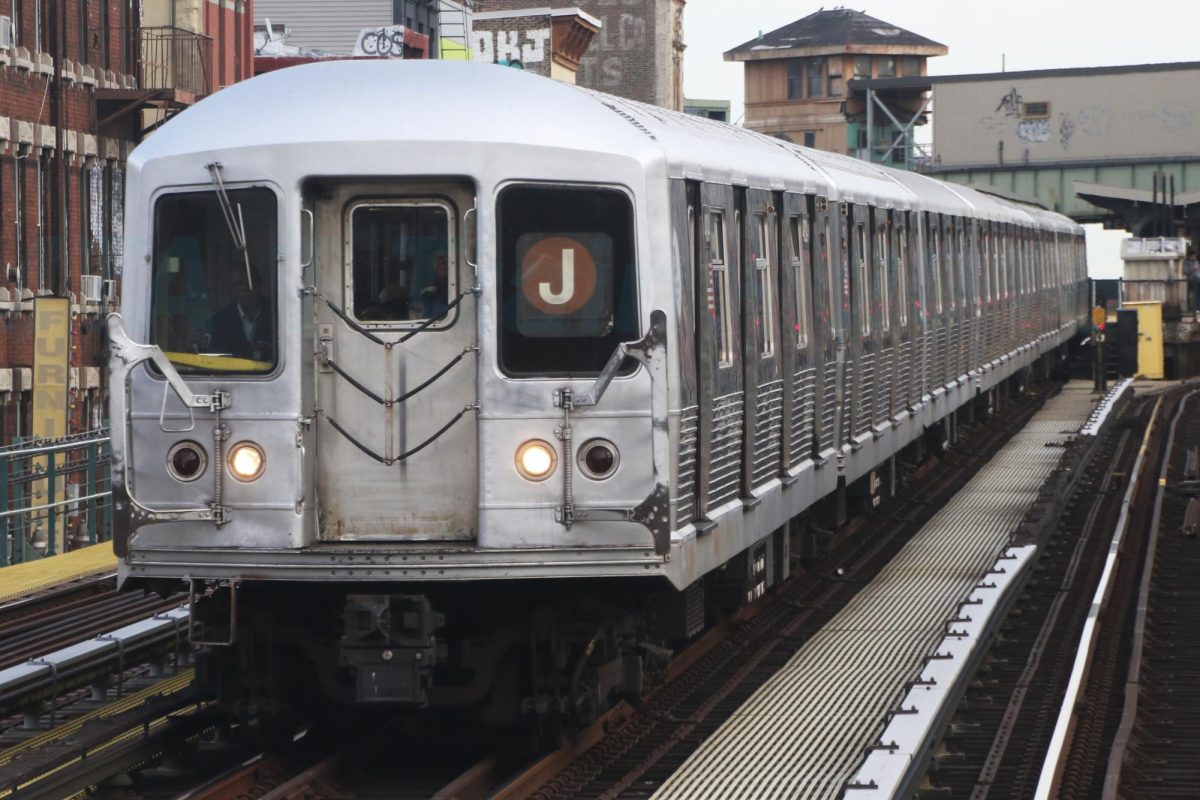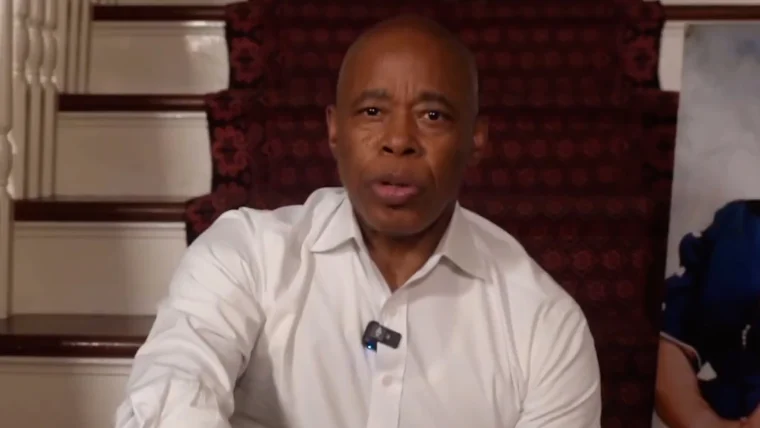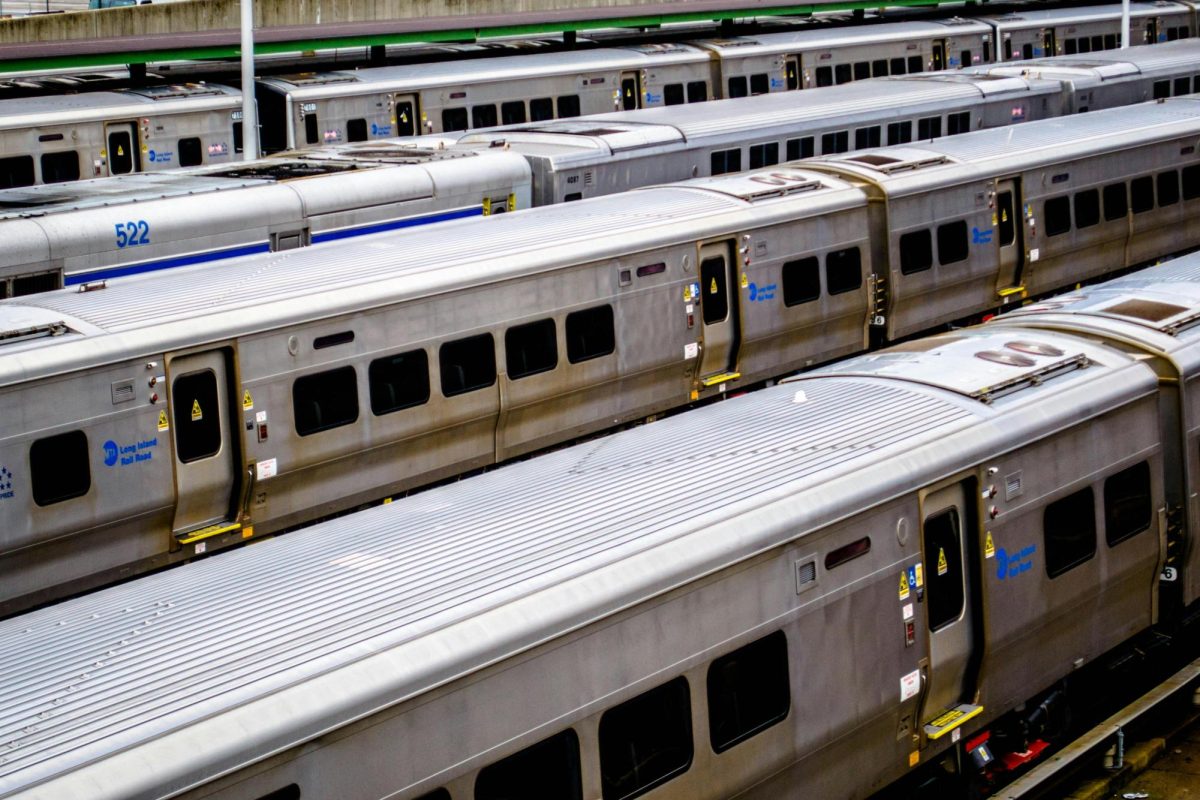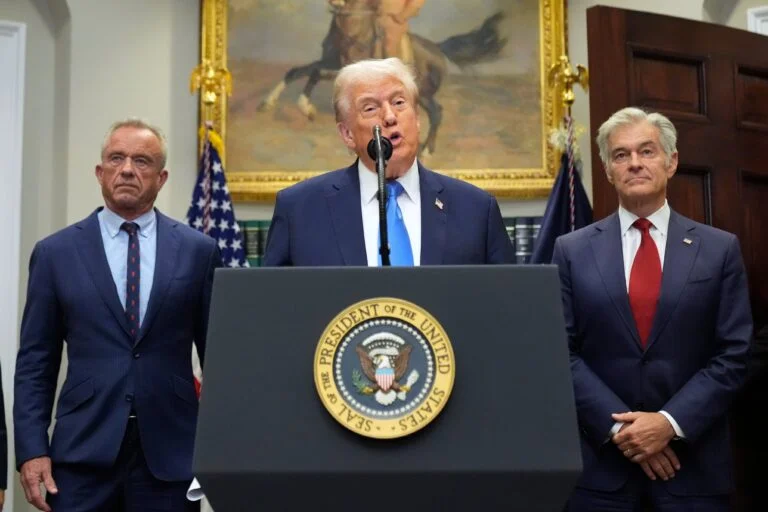The New York City Council is planning to introduce a bill that will place a cap on Uber, Lyft, and other for-hire vehicle licenses, three years after Mayor Bill De Blasio unsuccessfully attempted to identify and correct the overwhelming increase of these services and their impact on the New York City Taxi and Limousine Commission.
This proposal would halt the issuing of any new licenses on for-hire vehicles (not including those that are wheelchair accessible) for 12 months, as well as limit company permits in certain areas depending on the need for vehicles in conjunction with the pre-existing presence of taxis. This comes with the intent of improving the worsening congestion in the city and raising the below minimum wage salary for drivers.
Members of driver groups, as well as taxi medallion holders, have complained that Uber and Lyft drivers are not required to follow the same procedures and regulations that apply to taxi drivers, thus giving them an advantage. With the success of these companies, the value of the licenses of taxi medallion holders and other taxi drivers has decreased. Many drivers are not seeing a return on investment with their vehicles purchased for work, and some swamped in insurmountable debt and slashed wages have committed suicide, including one man who fatally shot himself in front of City Hall in April. He detailed the exploitations of for-hire drivers he experienced and the new corporate policies in a post on Facebook, and his death prompted the mayor’s office to consider the steps it can take to solidify a balance within the industry.
Many have been taking a stance on the proposed cap on Uber and Lyft, as riders that live outside of Manhattan heavily rely on these ride-hail services for transport. Their communities do not have convenient access to public transit, nor do they see a consistent amount of yellow cabs in their areas. Without the same accessibility to transit as other New Yorkers, those living outside heavily populated areas are left in the dark, facing limited options for transportation.
The number of New Yorkers in general that rely on ride-hail services has increased alongside the influx of vehicles working for the companies within the city. Ride-hail usage has been responsible for decreasing numbers of public transit riders and perpetuating low driver wages, leaving New York City streets more congested than in previous years.
Following the news, Uber has released promotions on social media advocating against these policies, insisting that they will make Uber rides “less reliable and more expensive.” Furthermore, riders are being asked to use the hashtag #DontStrandNYC to convince the council to vote against these policies.
The NYC Council wants to pass new regulations that could make your Uber less reliable and more expensive. Tell the Council: #DontStrandNYC pic.twitter.com/jlOKqwqFgH
— Uber (@Uber) July 26, 2018
According to the New York Times, the council wishes to vote on these bills by August 8, remaining optimistic that these steps will not take any current services away from New Yorkers, but will simply launch a deeper search into such companies’ policies in order to improve the ways of life for drivers and riders alike.

